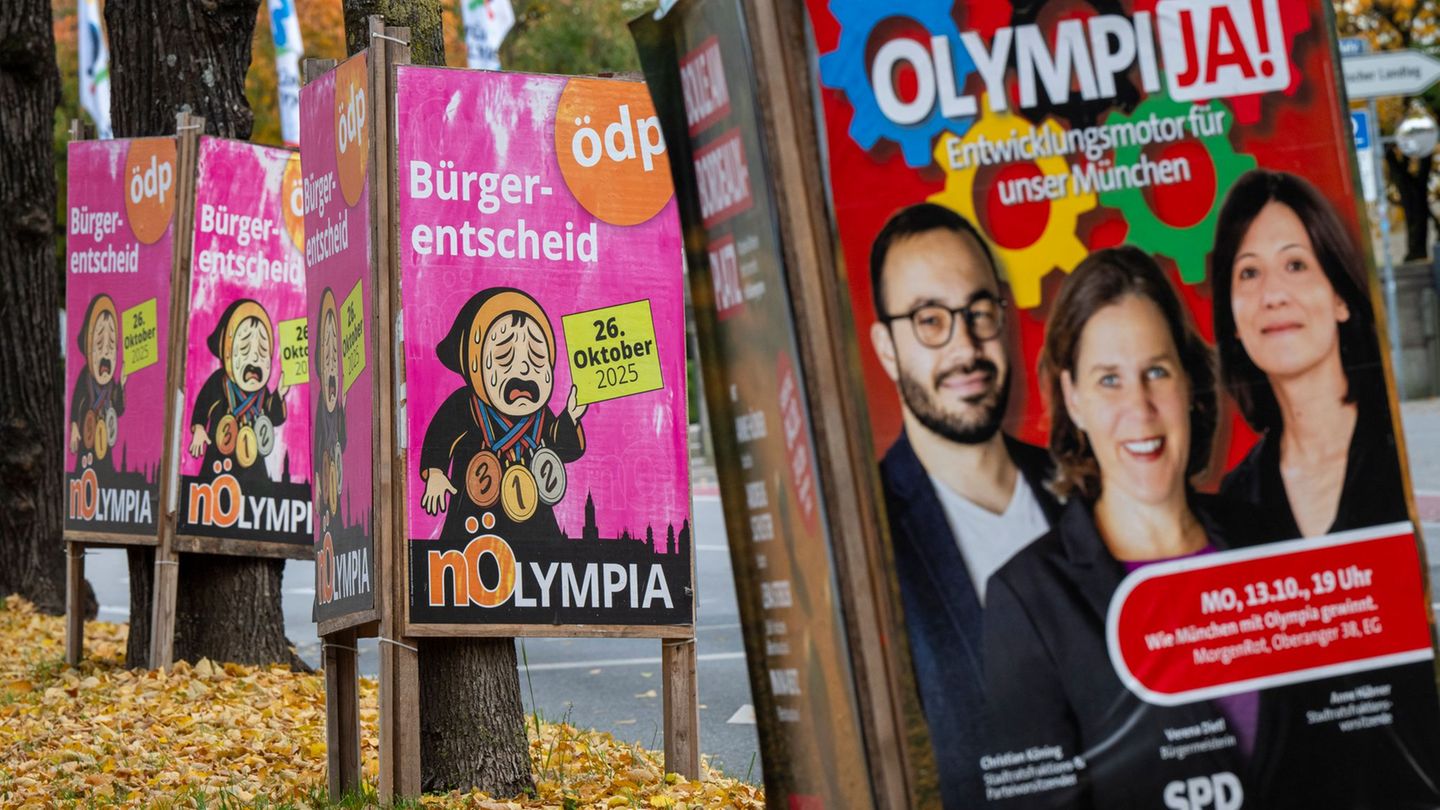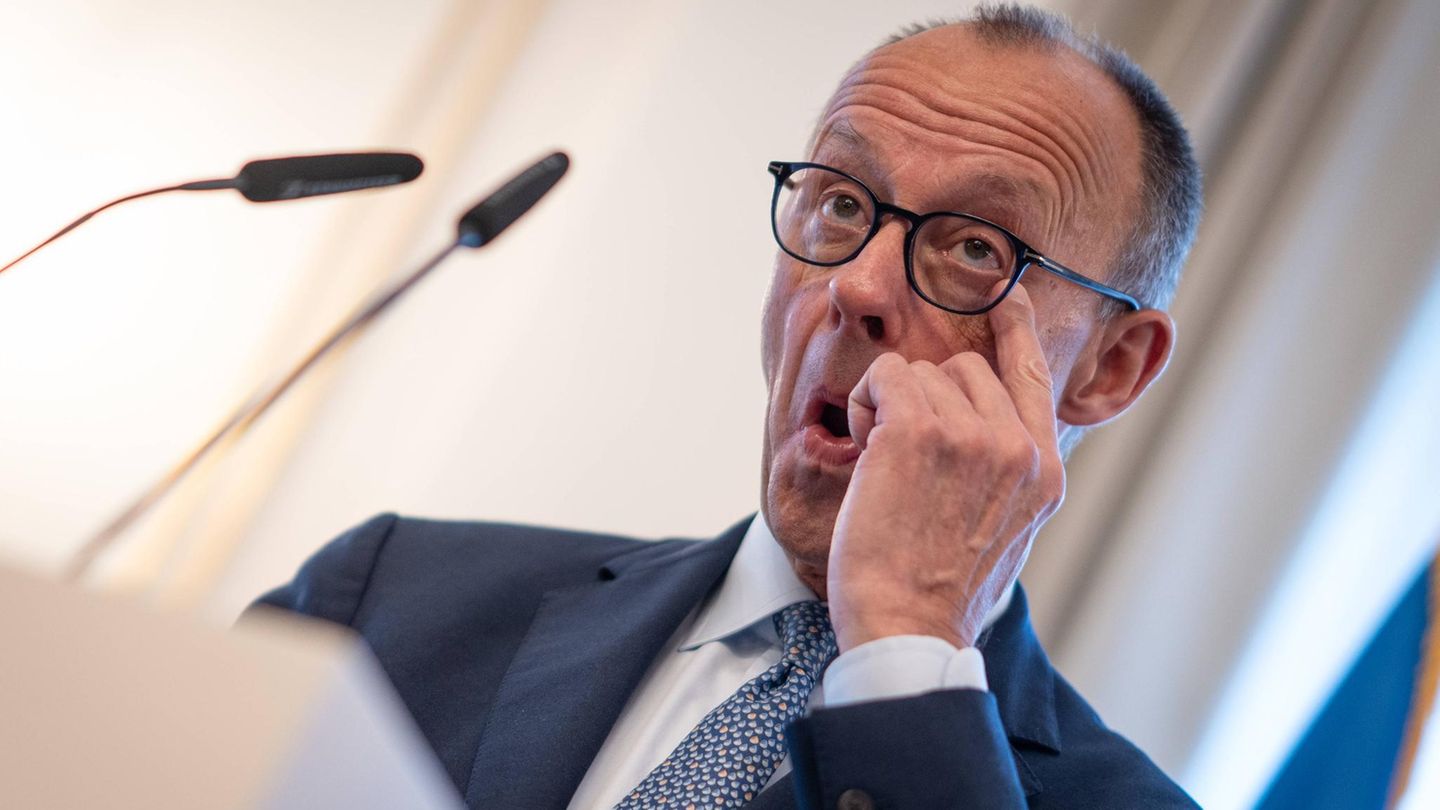Axel Springer, Germany’s largest media and digital group, wants to return to its roots: to be a classic media company – in family hands.
The international media group Axel Springer will once again become a family-run media company and is planning to split up its businesses. The media division will be owned by Friede Springer and Mathias Döpfner and will be separated from the classifieds business with job and real estate portals – according to the group, the plans are subject to official approval and the transaction is expected to take place in the second quarter of 2025.
Axel Springer plans split:
“The new structure is intended to position all business areas optimally for future growth potential and success in their respective markets,” said the group, which has around 18,000 employees. The move also changes a strategic partnership that was concluded years ago with the large US financial investor Kohlberg Kravis Roberts.
KKR bought into Springer in 2019 and delisted the company in 2020 after 35 years. Springer’s valuation was 6.8 billion euros five years ago and is now twice as high at around 13.5 billion euros, as insiders recently explained. The lion’s share, around ten billion euros, is therefore accounted for by the job and real estate portal business. The classifieds businesses will now become independent companies with a new shareholder structure – KKR and the Canadian pension fund CPP Investments will become the majority shareholders there.
Mathias Döpfner: “best possible conditions” for journalism
The vice-chairwoman of the supervisory board and publisher’s widow Friede Springer said: “Mathias Döpfner and I had a clear vision that Axel Springer would one day be a family business again. The fact that this vision is now becoming a reality fills me with great joy.” Chairman of the board Döpfner, who like Springer also holds a large share in the media company, said: “Before we began our partnership with KKR five years ago, Friede Springer and I had an idea of how the company could ideally look in a few years. That is exactly what is now coming true.” The future structure offers the “very best conditions” for a good future for journalism.
Source: Stern




